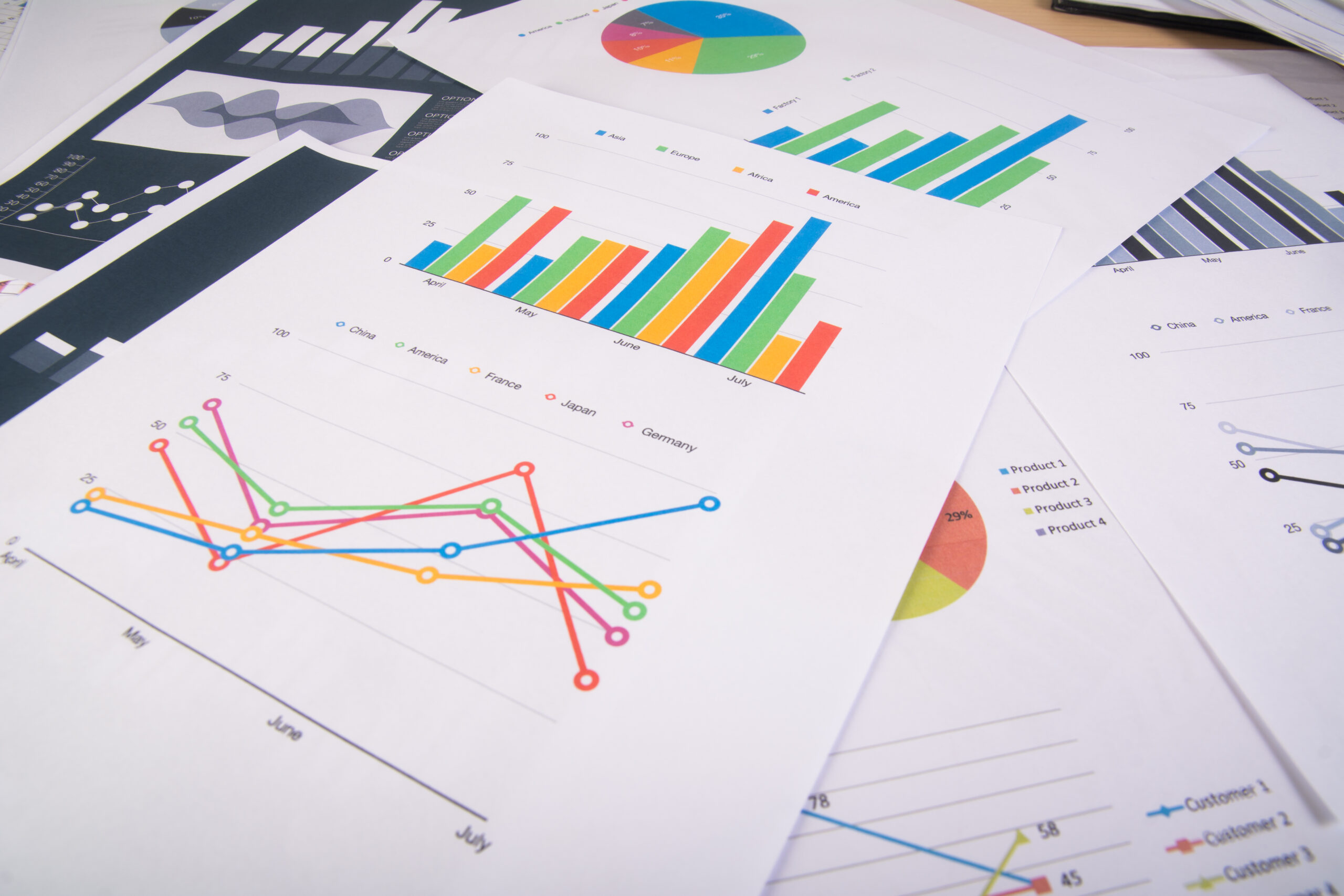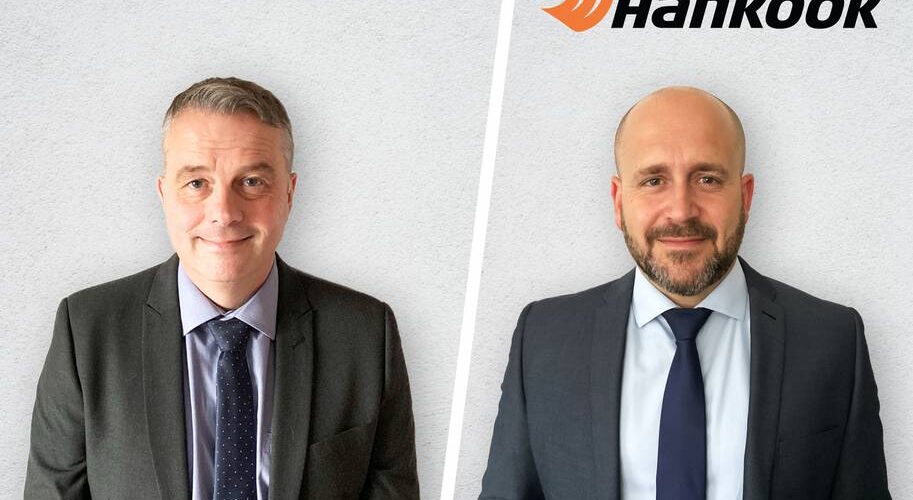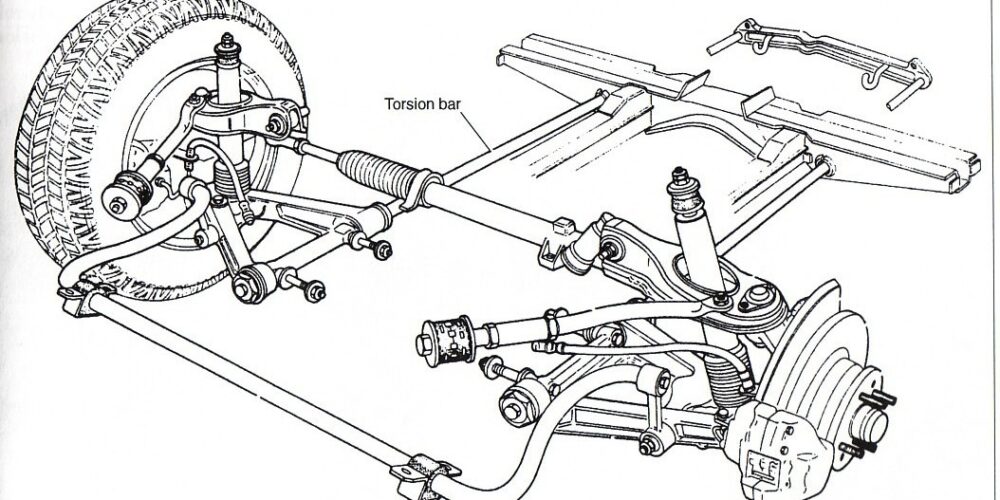Thanks to a slight market recovery and strict cost discipline, hella sees good business development over the first half of the year

- Currency and portfolio-adjusted consolidated sales decrease by 2.5 percent in the first half of fiscal year 2020/2021 to € 3.2 billion (second quarter: +4.7 percent)
- Adjusted earnings before interest and taxes increase to € 269 million; adjusted EBIT margin improves to 8.7 percent (second quarter: 12.1 percent)
- Reported EBIT is at € 94 million due to provisions relating to the programme aimed at increasing competitiveness over the long term
- Automotive segment with strong business development in the second quarter; Aftermarket sees significantly improved profitability; Special Applications’ sales at prior-year level
- Guidance for the full fiscal year 2020/2021 has already been raised in December despite continuing market uncertainties
International automotive supplier HELLA today presented its results for the first six months of the current fiscal year 2020/2021 (1 June to 30 November 2020). The key performance indicators reveal good business development overall and confirm the provisional key data published on 7 December 2020. In a market environment still in decline, currency and portfolio-adjusted consolidated sales decreased only moderately by 2.5 percent to € 3.2 billion (prior year: € 3.2 billion). This development is primarily attributable to a strong second quarter of the fiscal year. Following a slight market recovery, adjusted consolidated sales increased by 4.7 percent over this period in comparison to the prior year.
Due to the better sales development and the ongoing strict cost discipline, the adjusted earnings before interest and taxes (adjusted EBIT) rose to € 269 million in the first six months (prior year: € 253 million). The adjusted EBIT margin is thus 8.7 percent (prior year: 7.8 percent). In terms of earnings, the second quarter was particularly strong with a margin of 12.1 percent (prior year: 8.3 percent). Against the backdrop of the provisions of € 169 million recognised in the first quarter for the programme aimed at increasing competitiveness over the long term, the reported EBIT stood at € 94 million in the half of the fiscal year (prior year: € 230 million), which corresponds to a reported EBIT margin of 3.0 percent (prior year: 7.0 percent). In the selective second quarter, the reported EBIT margin was 11.9 percent (previous year: 6.8 percent).
“Even if the conditions for business remain challenging, not least due to the Covid-19 pandemic, the market environment has brightened somewhat over the last few months. This has provided us with additional tailwind,” said HELLA CEO Dr. Rolf Breidenbach. “The good development of our business underscores once again that we have set the right course for the future. We are currently benefiting not only from our timely and consistent cost management measures but also from our strategic positioning in line with the major market trends such as electromobility, autonomous driving and digital light.”
Automotive segment with strong business development in the second quarter
In the face of the decline in global light vehicle production as a consequence of the coronavirus pandemic, the Automotive segment’s sales fell by 4.3 percent to € 2.7 billion in the first half of the fiscal year (prior year: € 2.8 billion). In the wake of the slight market recovery towards the end of the year, segment sales rose above the prior-year level again in the second quarter. Thanks to stringent cost management, the Automotive segment’s earnings before interest and taxes (EBIT) increased to € 218 million in the first six months (prior year: € 211 million). The EBIT margin therefore stands at 8.1 percent (prior year: 7.4 percent).
Aftermarket sees significantly improved profitability
The sales of the Aftermarket segment dropped by 3.1 percent to € 241 million in the first half of the fiscal year (prior year: € 249 million). This development resulted in particular from weaker business in the independent aftermarket due to the coronavirus. A market recovery also started to emerge here in the second quarter, however. Furthermore, there were positive developments in the business with workshop equipment as a result of rising investing activities on the part of independent garages. Product mix effects and successful cost management have led to a significant improvement in the segment’s profitability in the half-year period. For instance, the EBIT rose to € 29 million (prior year: € 25 million), which corresponds to an EBIT margin of 11.9 percent (prior year: 10.0 percent).
Special Applications’ sales at prior-year level
At € 167 million, sales in the Special Applications segment over the first half of the year stood at just about the prior-year level (prior year: € 168 million). While the business with agricultural machinery continued to record good sales development, other customer groups were confronted with ongoing market weakness in connection with the Covid-19 pandemic. Due to lower utilisation overall, product mix effects and higher development costs, this segment’s EBIT totalled € 19 million in the first six months (prior year: € 20 million). The EBIT margin is therefore 11.3 percent (prior year: 11.9 percent).
Guidance for the full fiscal year 2020/2021 has already been raised in December despite continuing market uncertainties
In view of the business performance to date, which has exceeded the expectations made at the beginning of the fiscal year, and the current industry outlook, HELLA had already raised the Company outlook for the current fiscal year 2020/2021 (1 June 2020 to 31 May 2021) on 7 December 2020. The Company is now anticipating currency and portfolio-adjusted sales in the range from around € 6.1 billion to € 6.6 billion (previously: € 5.6 billion to € 6.1 billion) and an adjusted EBIT margin in the range from around 6.0 percent to 8.0 percent (previously: 4.0 percent to 6.0 percent). The income totalling around € 100 million (before tax) that is expected from the sale of the camera software business to Volkswagen’s Car.Software Org initiated in September should be added to this figure. The Company’s outlook is based on the assumption that there will be no material impact on HELLA’s business as a result of possible plant closures due to prolonged Covid-19 lockdowns. Furthermore, the risks from potential bottlenecks in the global supply chains have increased additionally, especially with regard to the availability of electronic components.
“While we are looking to the future with a little more optimism for now, this should not distract from the great uncertainty and challenges still prevailing on the markets,” emphasises HELLA’s CEO, Dr. Rolf Breidenbach. “For instance, the full impact of the coronavirus pandemic is far from foreseeable. We are also increasingly identifying risks arising from potential bottlenecks in the global supply chains for materials. In addition, competitive and cost pressure is continuing to rise in the industry. It is all the more important for us to consistently pursue the programme aimed at increasing competitiveness over the long term that has already been launched and to use it as a basis for securing our position as one of the world’s leading automotive suppliers far into the future.”









